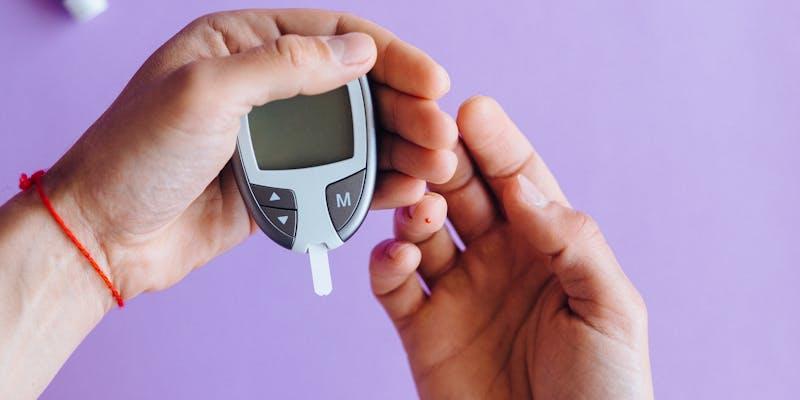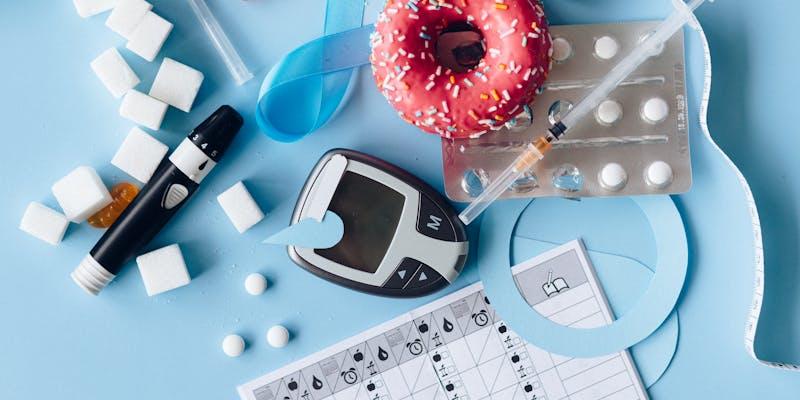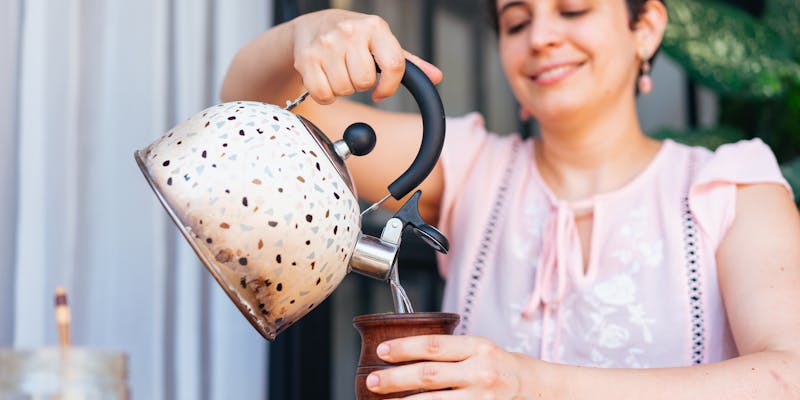Your cells need constant energy as they run on glucose, a basic carbohydrate. Blood glucose enters cells, and if your blood sugar stays high or drops too low four hours after eating, something's wrong. Normal blood sugar level changes after eating varies by person. Age, diabetes type, insulin use, and pregnancy status affect it. However, there are defined ranges, and knowing your blood sugar level after eating might help you decide the best blood glucose control solution. So, how much should your blood sugar level should be after four hours of eating? Lets find out.
Importance of Blood Sugar

Blood glucose is your body's main fuel. Consuming sugars, carbohydrates, and fiber produces glucose in the gut. However, ingesting too many carbs without delay can increase blood sugar stages, making diabetes and other blood sugar problems tough to manipulate. People with diabetes should avoid hyperglycemia or high blood sugar. Uncontrolled hyperglycemia destroys cells during the frame, increasing the hazard of blindness, kidney failure, heart assault, and stroke.
Diabetes patients must test their blood sugar ranges on blood glucose meter cases to save them those risks. This includes checking blood sugar levels during the day as cautioned using medical doctors. The popular recommendation is to wait an hour after eating to display blood sugar. People may additionally look at how their meal selections affect their blood sugar tiers and change their eating regimen or medicine doses to manipulate them. People living with diabetes who check and modify their blood sugar degrees can highly manage hyperglycemia and associated complications. Working with healthcare professionals to create customized control regimens is important to top-of-the-line blood sugar control and fitness.
Blood Sugar Levels After Eating
Maintaining healthy blood sugar levels after eating is important for people with diabetes and pregnant women. Glucometers make monitoring the blood sugar focus levels easy. Age, diabetes, insulin use, and pregnancy affect guidelines.
For Diabetes Patients
The normal post-meal blood glucose level on a blood glucose meter case for humans without diabetes is ninety to one hundred mg/dL two hours after consuming a meal. Diabetes sufferers aim for below 180 mg/dL hours after ingesting. Without mealtime insulin, folks with diabetes ought to goal for readings beneath one hundred forty mg/dL two hours after consuming.
For Pregnant Ladies
Pregnant women need to maintain their blood sugar levels and test them using a blood glucose meter case. For human beings with gestational diabetes, the aim is to consume beneath one hundred forty mg/dL one hour after ingesting and below one hundred and twenty mg/dL hours after consuming. Pregnant girls with type one or type two diabetes should keep their blood sugar focus levels within a hundred and ten-one hundred forty mg/dL one hour after consuming and a hundred-one hundred twenty mg/dL hours after eating.
For Underages
Children and young adults under 18 with diabetes have particular needs. They should strive for beneath two hundred mg/dL one hour after eating. These recommendations can assist people in adjusting their blood sugar and avoiding glucose-related problems.
Effects of Food on Blood Sugar Levels
Diabetes patients have to understand how food influences blood sugar. Your body breaks down meals into carbs, proteins, lipids, nutrients, and minerals. Carbs, specifically in excess, affect blood sugar levels.
There are three main kinds of carbohydrates. Each type influences blood sugar differently. Simple carbs like results, baked products, sweetened drinks, and processed meals quickly break down into glucose, elevating blood sugar. In comparison, complex carbs like starchy vegetables, whole grains, legumes, and oats are digested slowly, elevating blood sugar progressively. Fiber, any other non-digestible carbohydrate, slows glucose absorption from different carbs and helps control blood sugar focus levels.
The glycemic index (GI) allows us to apprehend how meals affect our blood sugar stages. It quotes foods primarily based on how quickly they boost blood sugar compared to glucose, which is given a GI of one hundred. The quick digestion and absorption of excessive GI foods cause excessive blood sugar to increase. These include processed cereals, white bread, rice, and sugary snacks. However, low-GI meals digest slowly, elevating blood sugar progressively. Whole grains, legumes, maximum culmination, and non-starchy vegetables are low-GI and perfect blood glucose control solutions.
Tips for Managing Blood Sugar Levels

Controlling blood sugar requires diet, medication, and lifestyle changes. Dietary blood sugar control methods include:
The Plate Method of Meal Planning
Simple and powerful for a balanced weight-reduction plan, the plate technique helps you get sufficient nutrients and food. Fill half your plate with non-starchy greens, 25% lean protein, and 25% complete grains or starchy vegetables. This helps manage blood sugar focus levels and promotes a healthy weight loss program.
Carbohydrate Counting
Many humans, especially those who take insulin at meals, should manage their carbohydrate intake to govern their blood sugar. Carbohydrate counting includes tracking meal carbohydrate grams and adjusting insulin dosages. Complex carbs with a low glycemic index lessen blood sugar spikes, and eating carbs is the best blood glucose control solution.
Medications
People with diabetes need a diabetes-friendly diet and regular blood glucose testing. Based on your diabetes type and stage, you may also be prescribed one or more of the following medicines:
- Thiazolidinediones
- Insulin
- Biguanides
- Dopamine-2 agonists
- SGLT2 inhibitors
- Meglitinides
- Sulfonylureas
Lifestyle Changes
An effective blood sugar control solution requires daily exercise. At least 150 minutes of weekly exercise increases insulin sensitivity, making blood sugar regulation easier. Swimming, cycling, and moderate-intensity walking are great routine additions.
Maintaining strong blood sugar focus levels calls for medicine adherence. It is important to follow your doctor's orders and take your medications. If you have diabetes, you must watch how much-saturated fat you consume.
Staying hydrated is crucial for health and blood sugar levels. At least eight glasses of water per day, or extra if you're energetic or remain in warm weather, can help kidney function and dilute blood glucose. Your treatment plan's efficacy and modifications rely upon everyday blood sugar monitoring. Set blood sugar limits and create a customized tracking plan with your doctor.







